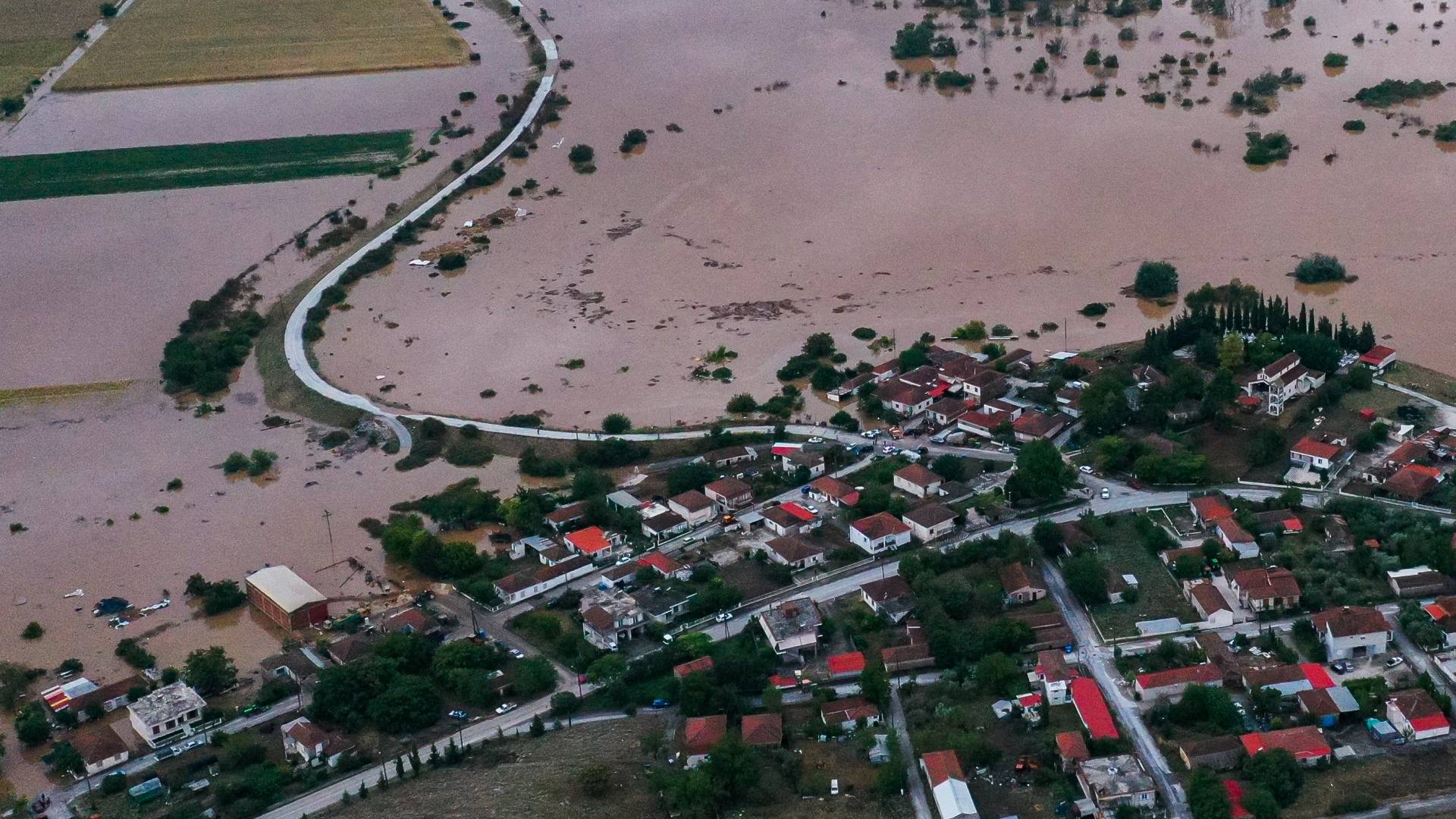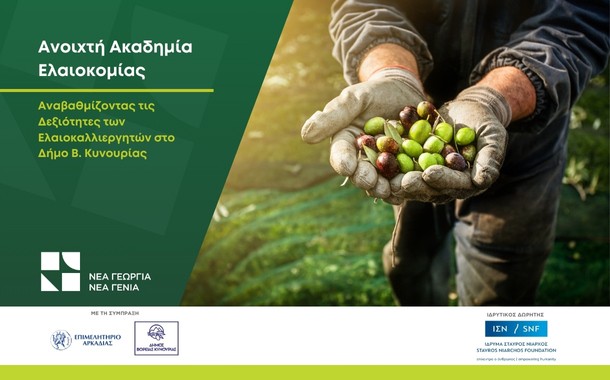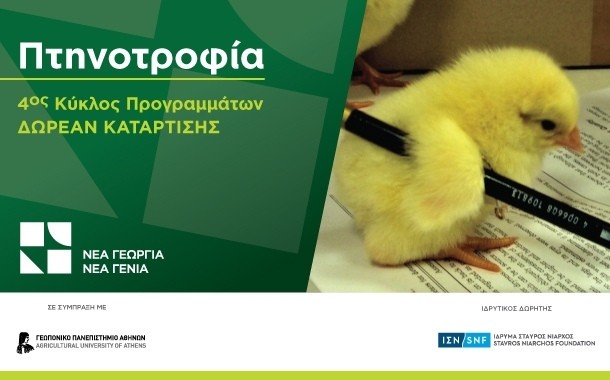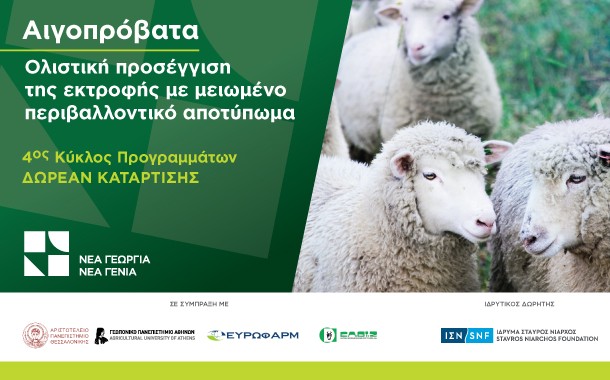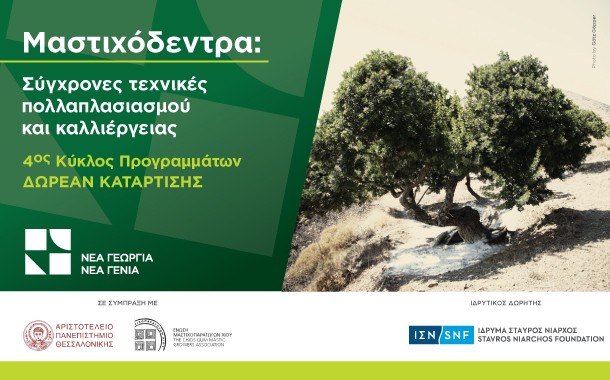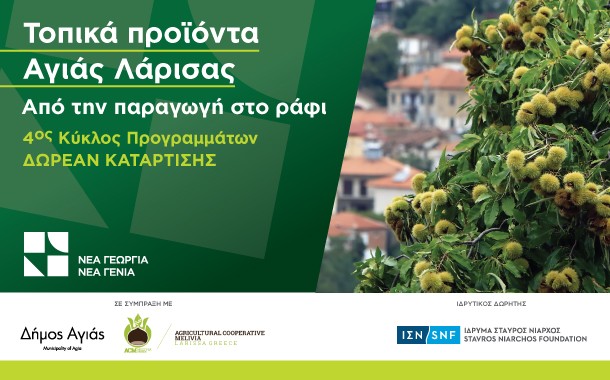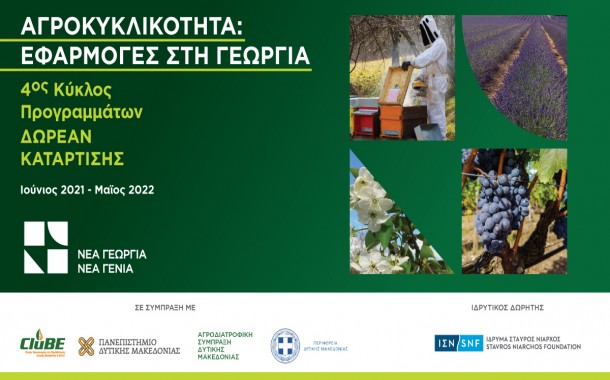Short description
The project has been planned by the Municipality of Agia in cooperation with the Agricultural Cooperative of Melivia “Athanati” in order to support the agricultural sector and fulfill the need for High Quality Agricultural Products and Sustainable Farming according to a long-term plan based on the Sustainable Development Goals of the UN. Innovative methods, new technologies and tools shall increase the added value of the local products and change the mentality of the people involved through extroversion and new cooperation opportunities.
The project consists of 2 Strands:
Strand 1 of the training programm focuses on the need of the farmers to protect the chestnut trees, decrease the costs for plant protection and improve the quality through the use of ecological insecticides.
Strand 2 of the training programm is based on a very detailed education plan that includes every part of the farming process, access to innovative farming methods and High Quality Certifications, the connection between local agricultural products and the tourism sector, skills and competences of the farmers, long-term planning, consulting and sales management that will improve the competitiveness, the extroversion and the quality of the local agricultural products of the Municipality of Agia.
Project objective
Main aim of this project is to meet the needs of the young farmers that live in less favoured areas, give them the opportunity to gain new skills and innovative production methods and support them tο pursue economic activity in their home place.
Target group
Tree growers, members of the Agricultural Cooperative of Melivia, agronomists, local tourism stakeholders, entrepreneurs, members of associations, unemployed
The participants are allowed to choose to participate in both strands.
As of Strand 1 the participation in all of the sections is mandatory.
As of Strand 2 the participants are allowed to choose any section they wish to.
Curriculum
The proposal has two (2) Strands:
STRAND 1: Plant protection – Modern innovative and ecological ways to fight against the diseases of chestnut trees”
1. Use of pheromones and pheromone traps
2. Organic insecticides
3. Application of precision spraying through the use of new technologies
4. Environmental indicators – Sustainable use of pesticides – Disposal of empty pesticide packaging
STRAND 2: Modern methods of production, certification, packaging and promotion of local agricultural products.
Section 1: Production methods, Quality control and Promotion of Agricultural Products
1. Precision Farming
2. Agroecology
3. Quality Control Systems, Food Hygiene and Safety
4. Processing and packaging of raw agricultural products
5. Retail Sales of Agricultural Products – Direct Sales of Agricultural Products – Legislation – Tools – Purchasing Habits Analysis – Customer Needs Analysis
5.1 Marketing of Agricultural Products + Export marketing
5.2 Export Procedures & Contracting
6. E-banking, E-Commerce, Use of New Technologies in the Sales Management of agricultural products
7. Quality Control Systems – National and International Quality Standards (IFS/BRC) GLOBALGAP/GLOBALGAP GRASP -PDO – PGI – Organic Farming
Section 2: Processing of Local Agricultural Products
1. Organic Food and Drinks
2. Processing of local agricultural products – Traditional recipies – Processing methods – Replacement of sugar – Use of stevia
Section 3: Connecting Agriculture with Tourism
8. Open farms – Tourism product
10. Connecting the primary sector with the tertiary sector – Sustainable tourism strategy
The project will take place in the Municipality of Agia (Eastern Thessaly)
Duration of the project
12 months
Participation is mandatory – A Certificate of Attendance will be issued. Lessons take place 2-3 times / month. All participants will be informed in case of changes due to Covid-19 restrictions
For further info
Theodora Patsiavoudi
Economist
Department of Planning, Organization and Informatics, Municipality of Agia
Tel:+306974508249
E-mail: [email protected]
